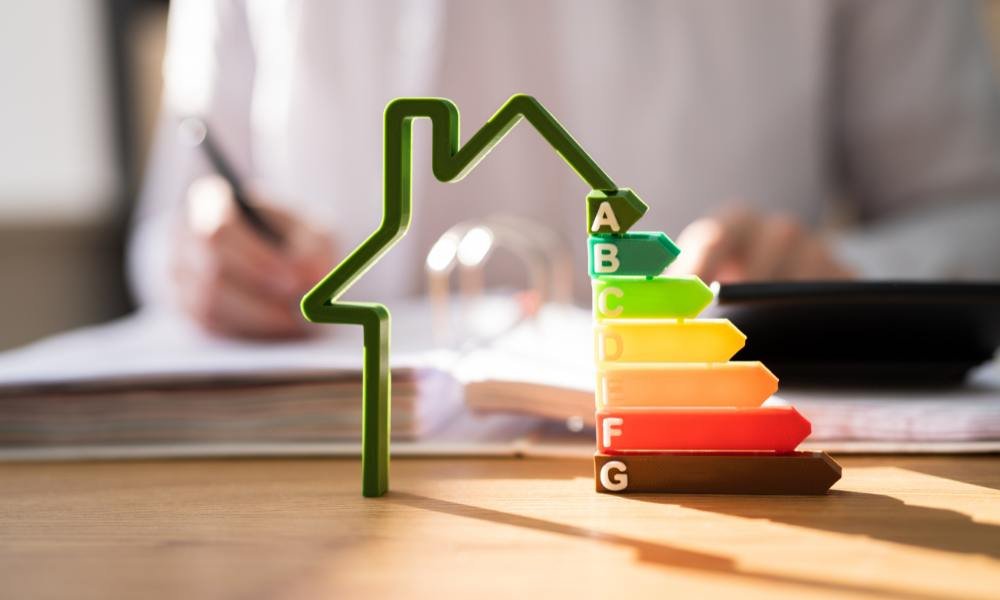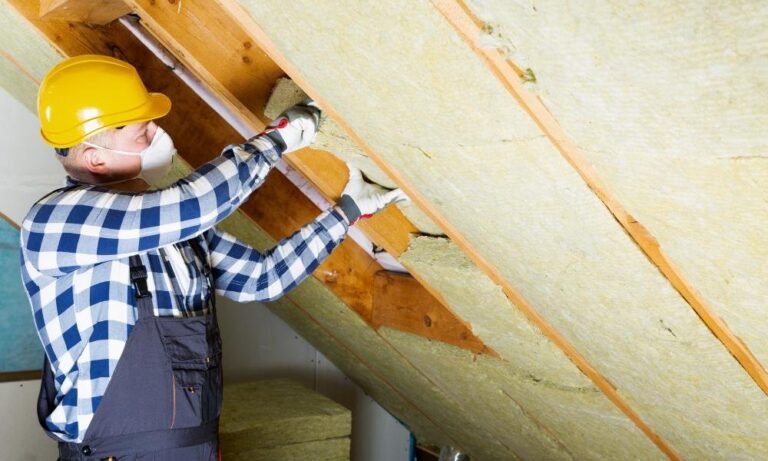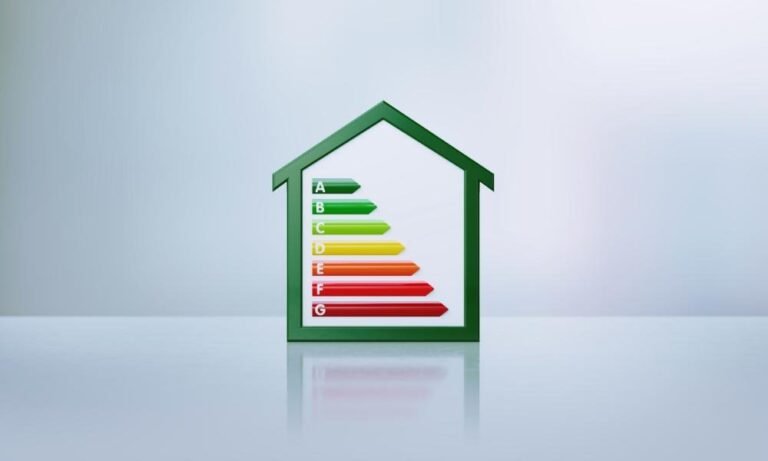Estimated reading time: 5 minutes
Have you ever looked at your utility bill and thought, Why is this so high? I know I have. Sometimes, the culprit is obvious—a heater running non-stop in winter or an air conditioner overworking in the summer. But often, the real issue lies in hidden inefficiencies throughout a home or business. That’s where an energy assessment comes in.
An energy audit isn’t just about saving money (although that’s a big part of it). It’s about making your living or working space more efficient, comfortable, and environmentally friendly. Whether you’re trying to reduce costs, lower energy waste, or increase sustainability, an assessment helps pinpoint exactly where improvements can be made.
What You’ll Learn in This Guide
What an energy assessment is and why it matters
The different types of audits and which one suits your needs
How an inspection helps lower costs and improve efficiency
What to expect from a professional evaluation
Steps to take after the assessment to maximize savings
Let’s get into it.
1. What Is an Energy Audit?
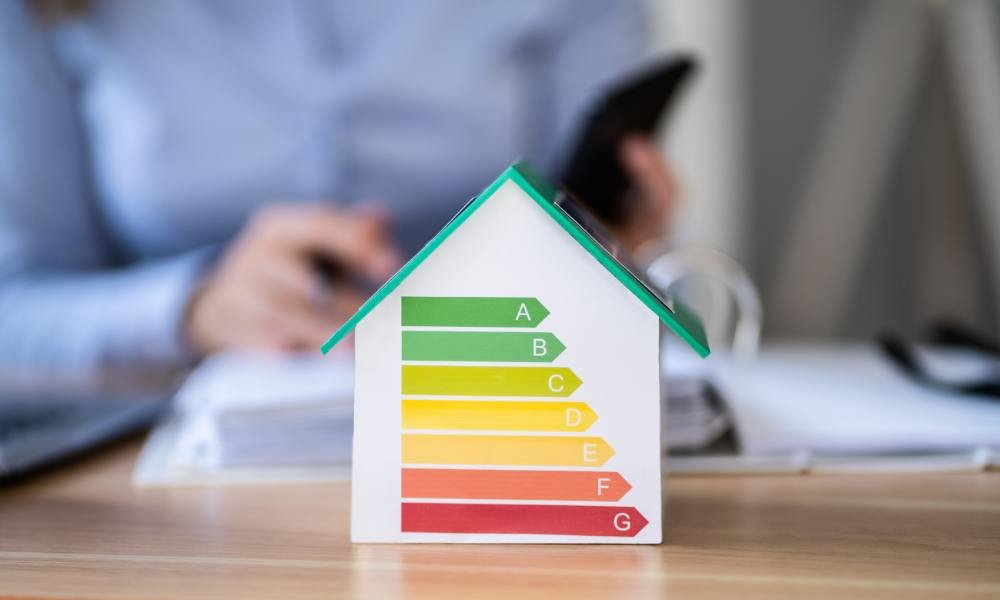
An energy audit is a detailed inspection of a home or business to measure energy use and efficiency. It helps identify areas where power is wasted and provides recommendations to improve performance.
Think of it as a health check-up for your property—but instead of a doctor, a trained professional (or a smart homeowner) assesses everything from insulation to heating systems to appliances.
The goal is to reduce waste, lower utility costs, and create a more comfortable indoor environment. Plus, for those thinking about adding renewable energy sources like solar panels, an audit helps determine whether your home is ready. If you’re considering that route, this step-by-step solar installation guide can be a useful resource.
2. Types of Energy Assessments
Not all audits are the same. The right choice depends on your budget, goals, and how much detail you need.
DIY Energy Check-Up
This is a simple self-assessment where I inspect my home for obvious issues, like:
Drafty windows or doors
Outdated appliances
Poor insulation
Overworked heating or cooling systems
While this method won’t provide deep insights, it’s a great starting point. If I find multiple problem areas, I’ll consider bringing in a professional.
Standard Professional Audit
A trained expert conducts a walk-through assessment, looking at insulation, HVAC systems, electrical usage, and more. They provide recommendations but may not use advanced diagnostic tools.
Comprehensive Energy Audit
This detailed inspection involves specialized tools such as:
Blower door tests – Detects air leaks in doors, windows, and walls
Infrared cameras – Finds hidden heat loss
Ductwork testing – Checks for leaks in air systems
This is the best choice if I’m serious about making significant improvements and maximizing long-term savings.
3. Why Should You Get an Energy Audit?
Identifying Energy Waste
Most inefficiencies aren’t visible. Heat might be escaping through gaps in the attic, or an old water heater might be driving up costs. An audit pinpoints these issues so I can fix them before they cost me even more.
Lowering Utility Bills
Heating and cooling often account for over 50% of household energy use. Fixing inefficiencies can cut bills by 15-30% annually. A small investment today can lead to thousands of dollars in savings over time.
Increasing Comfort
Have you ever noticed rooms in your home that are always colder or warmer than the rest? That’s often due to insulation problems or air leaks. Fixing these makes a huge difference in comfort levels.
Reducing Environmental Impact
A more efficient home or business means lower energy consumption, which reduces carbon emissions. For those committed to sustainability, an audit is a practical step toward greener living.
Curious about how insulation can improve efficiency? Check out these insulation benefits for more insights.
4. What Happens During a Professional Audit?
If I opt for a professional assessment, here’s what I can expect:
Step 1: Initial Consultation
The auditor asks about past utility bills, any problem areas, and comfort concerns like drafty rooms or high heating costs.
Step 2: Inspection & Data Collection
They assess:
Heating and cooling systems
Windows, doors, and insulation
Appliance efficiency
Electrical loads and lighting
Step 3: Advanced Testing (For Comprehensive Audits)
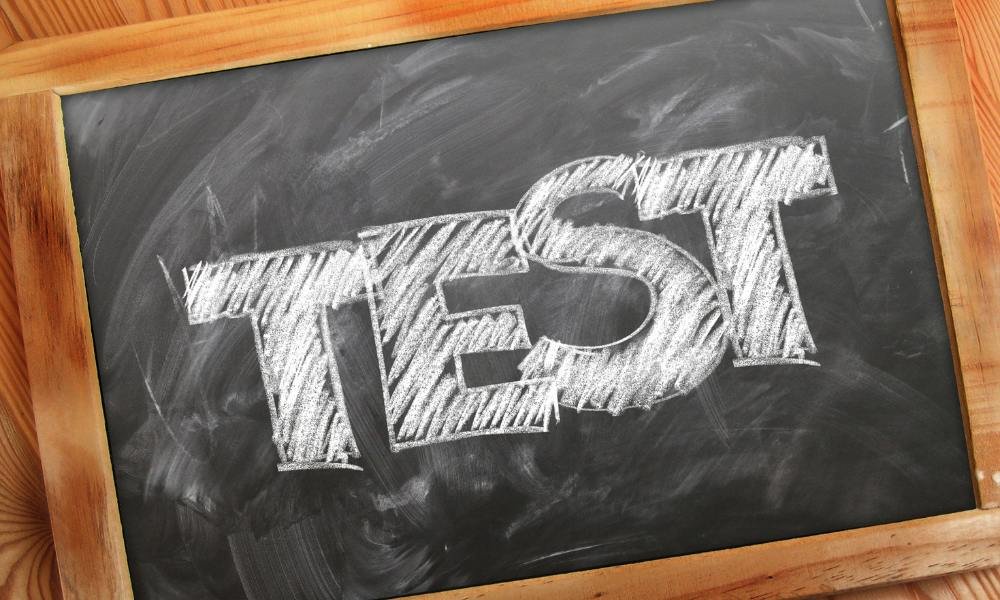
High-tech tools detect inefficiencies I’d never notice on my own:
- Blower door test – Identifies leaks affecting heating and cooling
- Infrared imaging – Reveals hidden insulation gaps
- Ductwork analysis – Measures airflow and finds leaks
Step 4: Report & Recommendations
After the audit, I receive a report with:
Areas where energy is being wasted
Recommended upgrades
Estimated savings from each improvement
Thinking about solar? This process also helps determine if my home is ready for installation. Read more about that here.
5. How to Get an Energy Audit
Finding a Certified Auditor
I look for professionals with certifications like BPI (Building Performance Institute) or RESNET (Residential Energy Services Network).
Cost of an Audit
DIY: Free
Basic professional audit: $100–$300
Comprehensive audit: $400–$800
Incentives & Rebates
Some utility companies offer free or discounted audits. It’s worth checking local programs before paying out of pocket.
6. What to Do After an Energy Audit
Once I have my audit results, it’s time to take action.
Prioritizing Improvements
Some fixes are quick and inexpensive, while others require a larger investment.
Sealing air leaks – Prevents heating and cooling loss
Upgrading insulation – Reduces temperature fluctuations
Replacing inefficient appliances – Cuts long-term costs
Switching to LED lighting – A simple yet effective change
For more cost-saving ideas, check out these homeowner efficiency tips.
Final Thoughts
An energy audit is one of the smartest investments I can make for my home or business. It’s a simple yet effective way to lower bills, improve comfort, and reduce energy waste.
Whether I start with a DIY check-up or hire a professional, the insights gained will help me make smarter energy choices. And the best part? Every improvement brings long-term savings and a more efficient space.
If you’re thinking about getting an audit, check for local rebates or reach out to a certified expert. The sooner I act, the sooner I’ll start seeing benefits.
